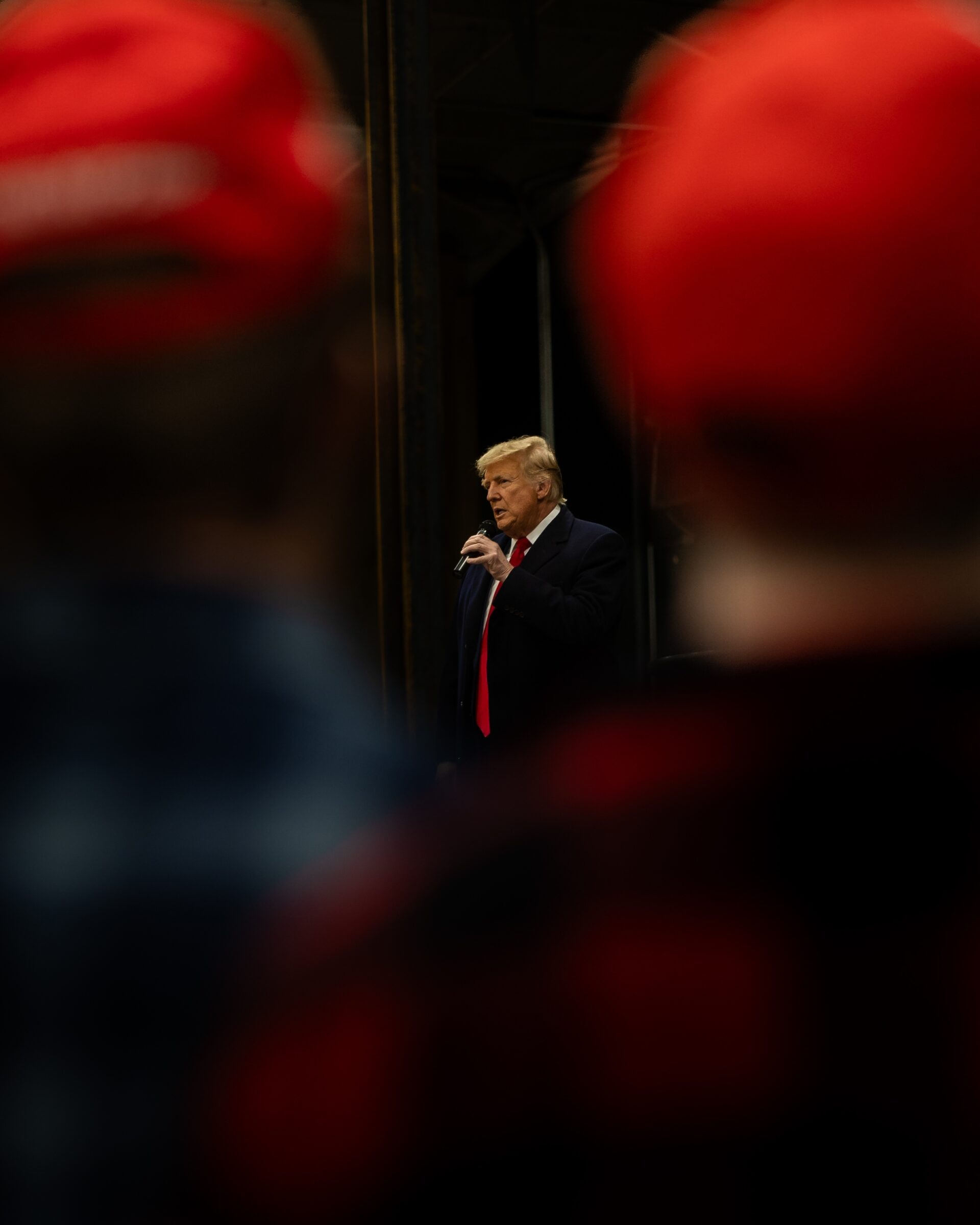Sen. Tom Cotton (R-AR) emphasized that the U.S. should learn from recent global conflicts to adapt for future warfare during a Hudson Institute panel with Joe Lonsdale and Shyam Sankar of Palantir Technologies.
Cotton highlighted how Israel and Ukraine have quickly adjusted on the battlefield due to their lack of a “complicated bureaucracy” like the U.S. Department of Defense. He stressed that innovation is essential, and changes must occur faster to maintain military success, though he acknowledged that traditional military hardware remains crucial.
“We still need stealth bombers and fighters and aircraft carriers and submarines,” Cotton said, “but a lot of what you’ve seen on the battlefield in the Middle East and Ukraine are smaller, more expendable items that have much higher production rates, therefore much lower unit cost as well.”
He criticized some of his Congressional colleagues for believing wars can be won through non-military means.
“Too many of my colleagues in the Congress think that you can win wars with keyboard strokes or hashtags or lighting up your national symphony with another country’s flag colors,” said the combat veteran. “In the end, you win wars by killing the other side’s soldiers or destroying their stuff, whether it’s with a Tomahawk missile or an Abrams tank, or increasingly in the case in of say, Ukraine and Israel with again, small high-production, low-cost drones or munitions. And we have to keep that in mind. That war may change in the technology that’s used, but that’s ultimately the way wars have been fought and won forever, is by closing with and destroying the enemy on the battlefield.”
.@SenTomCotton to @MorganOrtagus on the future of warfare warns: "Technology– it has to change faster and there has to be more innovation! … Our Department of Defense doesn't innovate fast." pic.twitter.com/Ioeqe5bEIK
— Conservative War Machine (@WarMachineRR) September 26, 2024
Cotton praised Israel’s operations against Hezbollah, particularly their ability to disrupt the group’s communication devices. H
“I would imagine Hezbollah terrorists are very skeptical now about using the cell phones or even the electric toothbrushes they might have,” he said. “But that’s an example of how, again, whoever was behind that very clever, very cutting-edge technology, getting into supply chains makes you wonder maybe what’s in our supply chain here in America. But in the end, it’s still killing or wounding warriors on the battlefield.”







